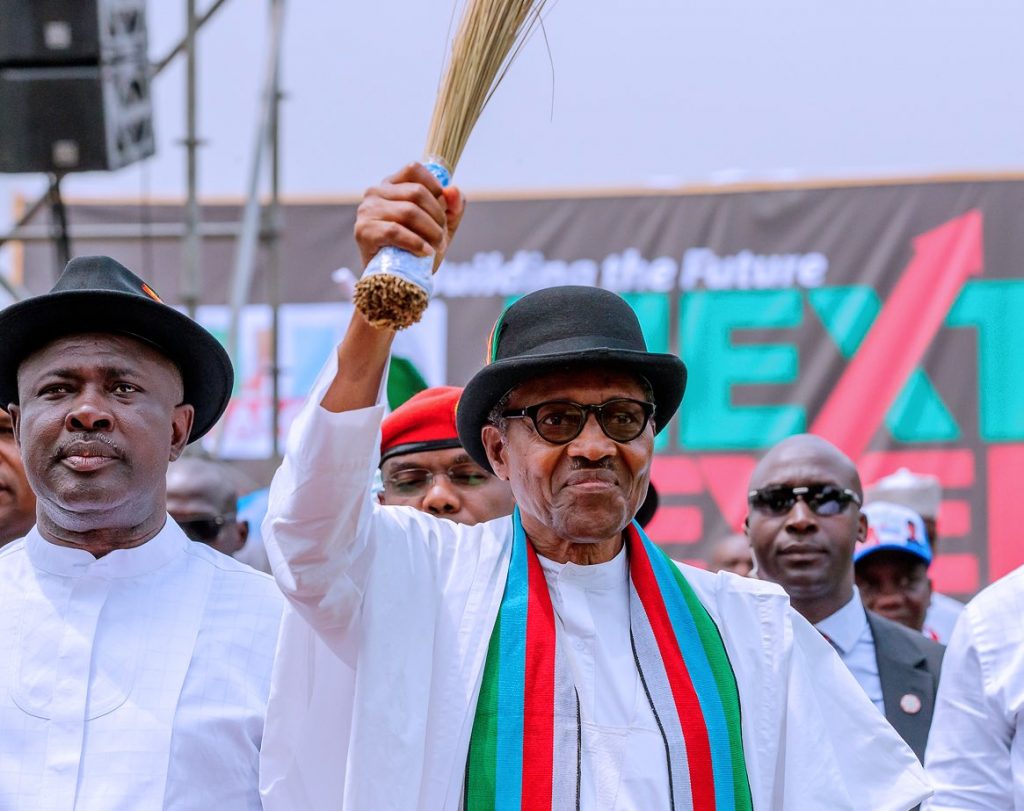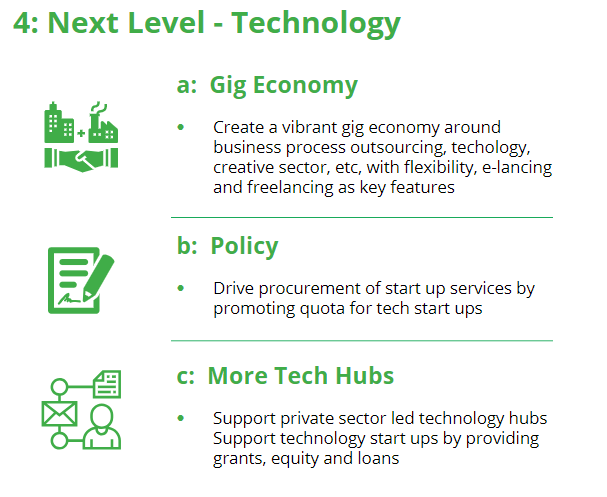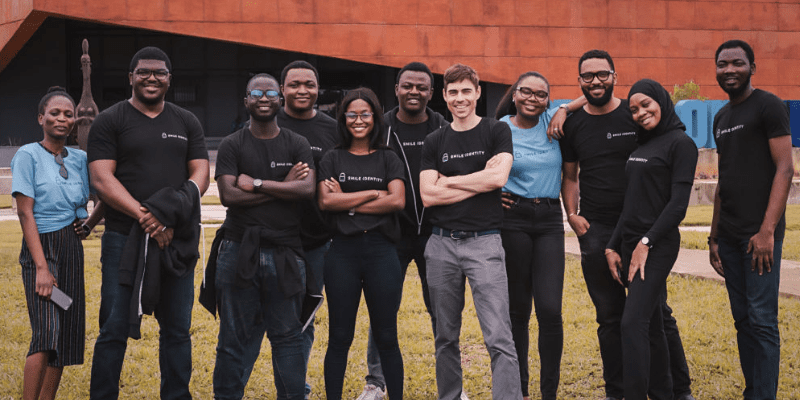A few weeks ago, I did a review of the Policy Document of Alhaji Atiku Abubakar, Nigeria’s leading opposition party presidential candidate. Since then, I have been somewhat under some form of pressure to cancel out the favours by analysing the
First things first. This is not any form of endorsement. Eventually, people will have to decide who their leaders will be based on factors best regarded by them. My bid is to provide an insight into how our leaders think about the tech sector.
A perusal of the Next Level Policy Document shows that the Buhari campaign team has placed its plans for the tech sector under “Technology and Broadband Infrastructure”. Its content is segmented into 3 parts: Where we were, What we have done and In the Next Level.
And, I will be examining each segment for its take…
Where we were
The first major flaw you will observe in the #NextLevel document (in general) is the paucity of data. The claims of the Buhari campaign team about how they met things are generally pedestrian.
For instance on agriculture:
“Before 2015, the agriculture sector was unattractive as there was little
investment in the sector.”
About Social Investment Programmes:
“Previous administrations did not pay any real attention to the human capital development needs and welfare of the people.
• As of 2012, we had over 112 million Nigerians living below the poverty line
• As of 2015, we had 13.2 million children that were out of school.”
As you could see, these statements are largely superficial and uncorrelated. But, that is the language of Nigerian politics.
In the same vein, the document says this about the tech ecosystem before the advent of Buhari’s government: “For decades, the internet has not been considered as critical infrastructure for building a knowledge economy.”
Of course, that does not take into consideration the fact that the internet is not the sole measure of technology advancement for any nation.


It also failed to acknowledge that the previous administration appointed the first Minister of Communications Technology who championed significantly the national broadband penetration agenda and supported the creation and growth of some clusters.
Indeed, it is not true that the internet has not been considered as a critical infrastructure for building a knowledge economy. The fact is that the number of internet users grew from 51.8 million users in 2013 to 63.2 million in 2015.
So, what is the way forward?
Here is the solution as proffered in the policy document: “We will give it this consideration and make internet easily accessible for everyone. ”
As with everything else, the promise was very shallow. A policy document ought to indicate clear alternative action points.
But, no. The #NextLevel document considers the provision of internet access, which is supposed to be a”critical infrastructure for building a knowledge economy” a solution.
And, to say that the Buhari team’s solution is to “make internet easily accessible for everyone” is not a precise, time-bound goal. How do we define easy access? And, how do we define Everyone?
What we have done
There is really nothing to measure in this segment; no data, no figures of the amount spent and results attained. Nothing really! Too bad. Even, with this:
The first is non visible. Other than Professor Osinbajo’s vists and photo ops. I do not know of any of the 6 regional hubs that the government had created or supported across the nation. I am certain the contention would be around the word “supported”.
I really cannot quantify the support. Maybe the hubs can help with details. By the way, do we really have tech hubs across the 6 geo-political
In the Next Level
The nagging question is how do you


In any case, I will assess each promise on the merits:
“We will create a vibrant gig economy around business process outsourcing and the technology & creative sectors, with flexibility, e-lancing and freelancing as key features.”
This industry exists! The government cannot create an existent, burgeoning industry. In fact, no government can. What needs to be created is an enabling environment: constant power supply, ubiquitous broadband and ending police harassment is a good way to start.
We will drive procurement of start-up services by promoting quota for tech start-ups.
This option has a high risk of promoting
We have addressed uniform Right of Way charges. Next Level is to move broadband coverage to 120,000 km of fibre network across Nigeria.
This will be a big win if it is achieved. The only question is why hasn’t it been done before now?
We will treat broadband as critical infrastructure for public services such as education and health
This is
We have increased the national identity database from 7 million to 32.5 million, spending less and integrating with other agencies such as INEC, NCC and the Telecommunications Companies.
As you can see, this is not a promise. The challenge of our database management is not that of data collection. It is a question of data aggregation and its use for development.
In sum
The #NextLevel promised by the Muhammadu Buhari and Professor Yemi Osinbajo candidacy offers no elating prospect for the tech space. It is either the writers of the document consider the sector as in need of least attention or incapable of doing what it needs.
This is because the document does not proffer way forwards to the issues ailing the sector. I would have been excited, in the least, if we are looking at investment funds for startups, building more hubs, providing broadband services to target communities, funding university researches, investing in STEM education and appointing a technocrat to manage the Communications ministry.
The implication is that if this government retains power, the tech industry in Nigeria will have to resort to self-help for a bit longer.
Otherwise, we can seek another messiah!






